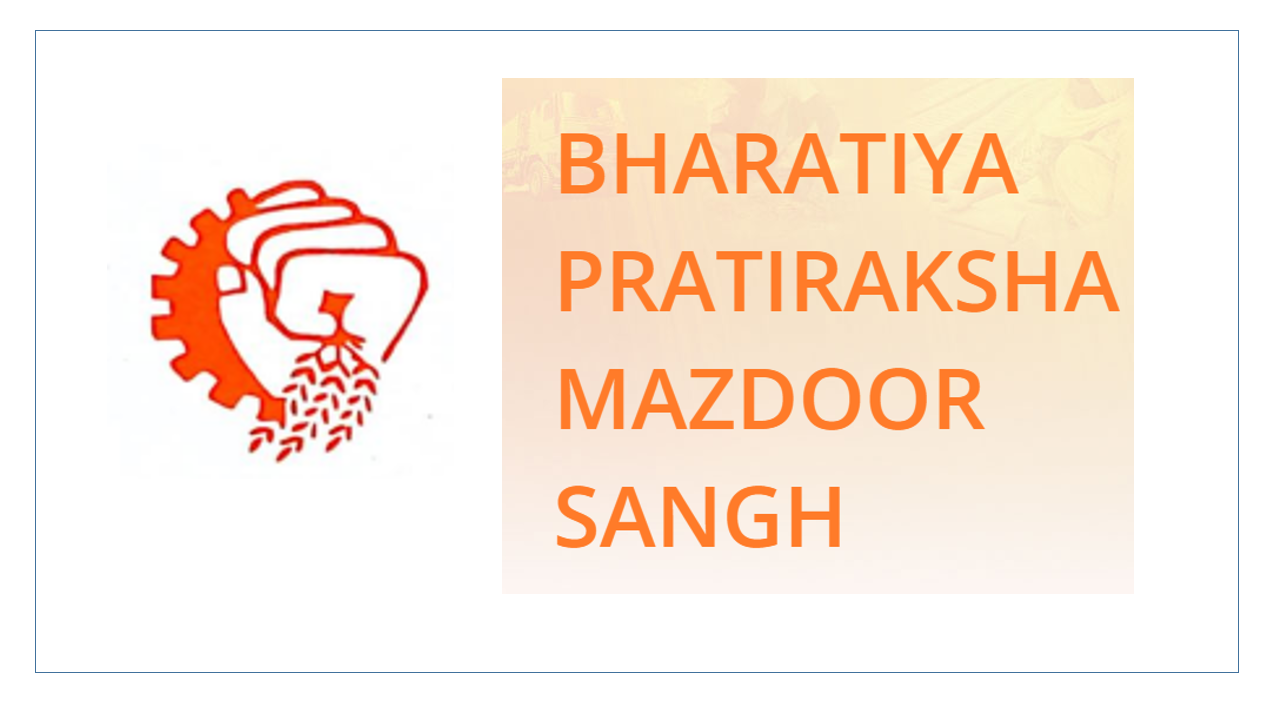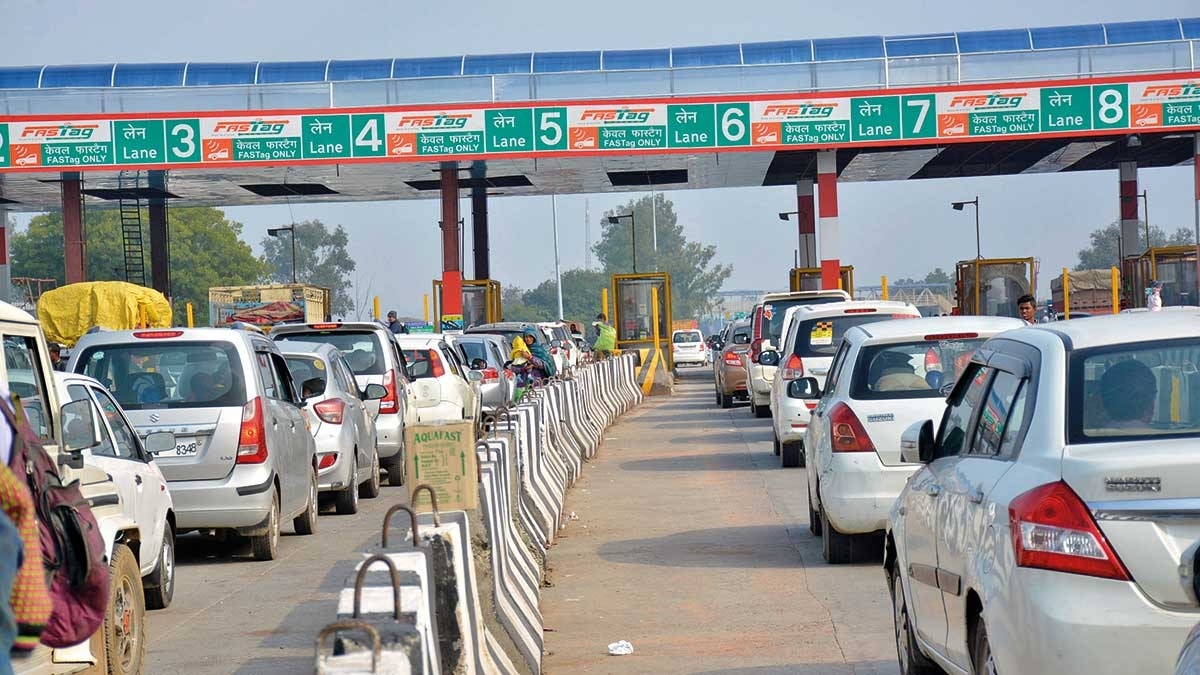BPMS demands to Expedite the implementation of the National Litigation Policy

REF: BPMS / Cab Secy / NLP / 245 (8/3/M).
Dated: 10.01.2025
To,
The Cabinet Secretary,
Government of India,
Rashtrapati Bhawan,
New Delhi – 110004
{[email protected]}
The Secretary,
Department of Defence,
Govt of India, Min of Defence,
South Block, New Delhi – 110011
{[email protected]}
Subject: Implementation of National Litigation Policy and Reform in Litigation Practices by Government Departments
Respected Sir,
On behalf of the Bharatiya Pratiraksha Mazdoor Sangh (BPMS), I wish to draw your attention to the pressing issue of excessive litigation pursued by various government departments, particularly under the Ministry of Defence. This tendency has led to unnecessary burdens on the judiciary, wastage of public funds, and delays in justice for employees. Despite clear directions and frameworks provided by successive National Litigation Policies, these issues persist unabated.
Supreme Court’s Observations
The Hon’ble Supreme Court has, on multiple occasions, expressed serious concerns about the inefficient litigation practices of the government. In Union of India v. Balbir Singh Turn (Judgment dated 24th April 2018), the Supreme Court criticized the Union of India for filing frivolous appeals, describing such actions as:
- A Misuse of Judicial Time: The court observed that the government, being the largest litigant, has a greater responsibility to use judicial resources judiciously. Filing repetitive and unnecessary appeals violates this principle.
- Violation of National Litigation Policy Principles: The court highlighted the government’s failure to adhere to its own guidelines under the National Litigation Policy, which advocate minimizing frivolous litigation.
- Wastage of Public Funds: The financial burden placed on taxpayers due to unnecessary legal expenses was sharply criticized, with the court calling for a more judicious approach.
- Delay in Justice for Employees: The Supreme Court noted that forcing employees to litigate genuine service matters not only causes undue stress but also delays justice, which is against the principles of natural justice and fairness.
The court further remarked that tribunals and lower courts’ decisions are often correct and do not warrant routine appeals. It urged the government to adopt a policy of litigation only in cases with significant legal, financial, or administrative implications.
Recommendations for Reform
In light of these observations, I propose the following measures:
- Mandatory Compliance with Supreme Court Guidelines: All departments should strictly follow the principles outlined by the Supreme Court, ensuring that only substantial and justified cases proceed to higher forums.
- Litigation Audits: Conduct audits of government litigation practices to identify and address inefficiencies, as per the court’s directives.
- Tribunal Order Acceptance Mechanism: Develop mechanisms to ensure that orders of tribunals and lower courts are not routinely challenged unless they meet strict criteria, such as errors of law or significant policy implications.
- Penalties for Frivolous Appeals: Introduce accountability measures for officers who initiate or recommend unwarranted appeals, causing wastage of public resources.
- Strengthening Negotiation Mechanisms: The court has consistently emphasized the importance of resolving disputes through dialogue rather than litigation. Government departments must prioritize Joint Consultative Mechanisms and avoid forcing employees to seek judicial intervention unnecessarily.
Immediate Action Required
It is learnt that Hon’ble Law Minister Shri Arjun Ram Meghwal signed the new National Litigation Policy on 11.06.2024, marking it as part of the 100-day agenda of the Modi 3.0 government. This policy was intended to transform the government into an efficient and responsible litigant. However, its operationalization remains pending, undermining its intended objectives.
I respectfully urge your office to:
- Expedite the implementation of the National Litigation Policy.
- Ensure compliance with the Supreme Court’s guidelines in all government litigation
- Create a monitoring mechanism to prevent unnecessary appeals and promote a culture of responsible litigation.
Conclusion
The Supreme Court’s repeated observations underscore the urgent need for systemic reform in government litigation practices. The failure to act promptly not only burdens the judiciary but also damages public trust in the government’s ability to uphold justice. We trust that your esteemed office will take the necessary steps to address these concerns and ensure the timely implementation of the National Litigation Policy.
Thanking you in anticipation.
Sincerely yours
(MUKESH SINGH)
Working President /BPMS &
Member, National Council (JCM)
Copy to: The General Secretary,
Bharatiya Mazdoor Sangh,
Dattopant Thengadi Bhawan,
27, Deendayal Upadhyay Marg,
New Delhi – 110002
{[email protected]}
- With request to raise the issue before Hon’ble Minister – Ministry of Defence; Min of Labour & Employment; Min of Pers., P.G. & Pension; Min of Law & Justice to minimize the litigations on service matters
Source : http://bpms.org.in/







